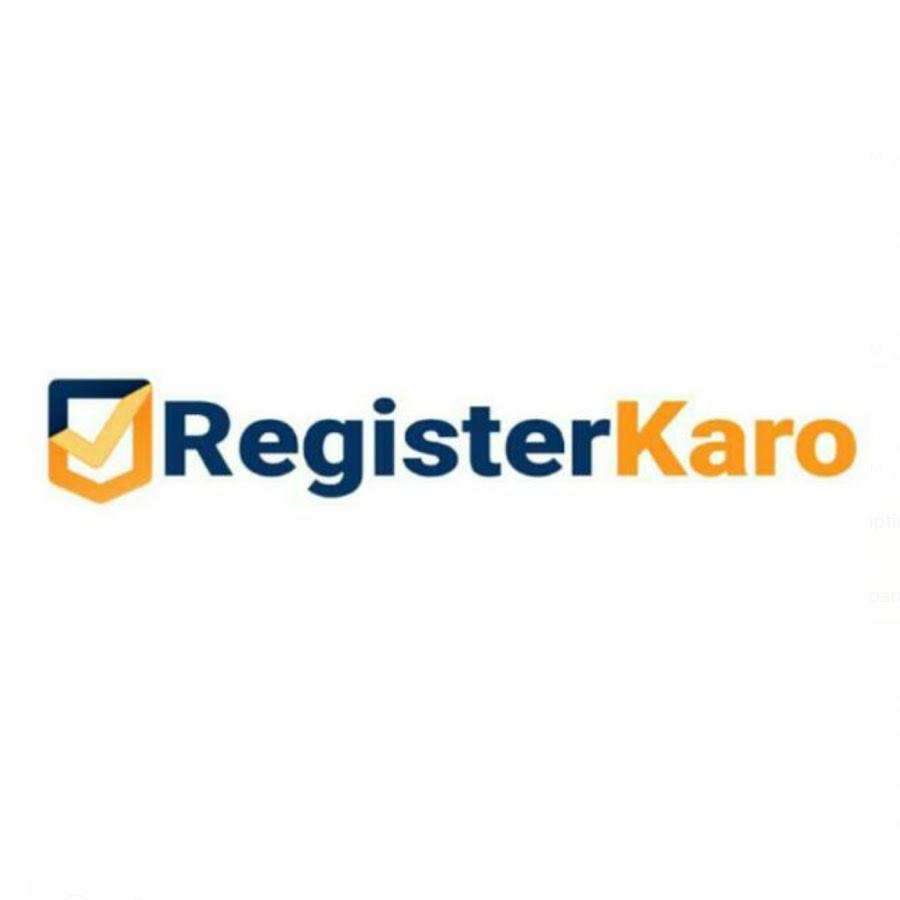PRO authorization is a process of obtaining the approval of the Central Pollution Control Board (CPCB) for the registration of a Producer Responsibility Organization (PRO), which is an entity that takes the responsibility of collecting and channelizing the e-waste generated from the end-of-life of the electrical and electronic equipment (EEE) on behalf of the producers. It is required to ensure that the e-waste is managed in an environmentally sound manner and that the producers comply with the extended producer responsibility (EPR) obligations under the E-Waste (Management) Rules, 2016. PRO authorization is also a legal requirement under the Environment (Protection) Act, 1986, and the E-Waste (Management) Rules, 2016.
Legal Framework for PRO Authorization
The legal framework for PRO authorization is as follows:
1: The Environment (Protection) Act, 1986, which is the umbrella legislation that empowers the central government to take measures to protect and improve the quality of the environment and prevent, control, and abate environmental pollution. The act also provides for the establishment of the National Environmental Appellate Authority, which hears appeals against the orders of the central government or any authority under the act. The act also lays down the penalties for contravention of the provisions of the act or the rules made thereunder.
2: The E-Waste (Management) Rules, 2016, which are the specific rules that regulate the generation, collection, storage, transportation, segregation, refurbishment, dismantling, recycling, and disposal of e-waste in India. The rules also define the roles and responsibilities of various stakeholders, such as producers, consumers, bulk consumers, collection centers, dealers, e-retailers, refurbishers, dismantlers, recyclers, and PROs. The rules also specify the EPR targets, the procedure for obtaining EPR authorization, the standards for environmentally sound management of e-waste, the criteria for registration of PROs, the format and frequency of reporting, and the procedure for monitoring and enforcement.
3: The Guidelines for Implementation of E-Waste (Management) Rules, 2016, which are the guidelines issued by the CPCB to provide clarity and guidance on implementing the E-Waste (Management) Rules, 2016. The guidelines cover various aspects, such as the EPR plan, collection mechanism, channelization, documentation, record keeping, reporting, verification, random sampling, testing, labeling, awareness generation, capacity building, and grievance redressal.
Eligibility/ Pre-Licensing/ Mandatory Prerequisites
The eligibility, pre-licensing, and mandatory pre-requisites for obtaining PRO authorization are as follows:
1: The applicant should be a legal entity registered under the Companies Act, 2013 the Societies Registration Act, 1860 the Indian Trusts Act, 1882, or any other relevant act.
2: The applicant should have a valid PAN card and GSTIN.
3: The applicant should have a minimum net worth of Rs. 10 crore as per the latest audited balance sheet.
4: The applicant should have a minimum experience of three years in the field of e-waste management or related activities.
5: The applicant should have a valid agreement or MoU with the producers for whom the PRO will take the responsibility of collecting and channelizing the e-waste.
6: The applicant should have a valid agreement or MoU with the registered collection centers, dealers, e-retailers, refurbishers, dismantlers, and recyclers for the collection and channelization of e-waste.
7: The applicant should have a valid agreement or MoU with the State Pollution Control Boards or the Pollution Control Committees for the coordination and cooperation in the implementation of the E-Waste (Management) Rules, 2016.
8: The applicant should have a valid agreement or MoU with the authorized testing laboratories for the testing of e-waste for RoHS parameters.
9: The applicant should have a valid agreement or MoU with the authorized transporters for the transportation of e-waste as per the Hazardous and Other Wastes (Management and Transboundary Movement) Rules, 2016.
10: The applicant should have a valid agreement or MoU with the authorized treatment, storage, and disposal facilities for the disposal of hazardous wastes generated from e-waste as per the Hazardous and Other Wastes (Management and Transboundary Movement) Rules, 2016.

